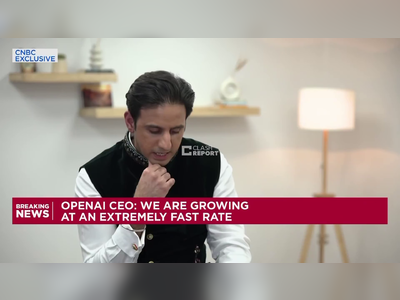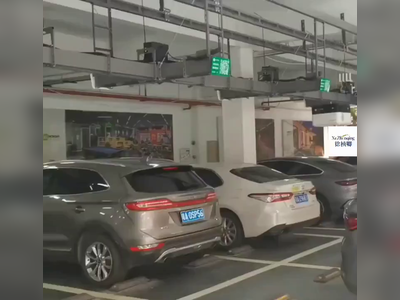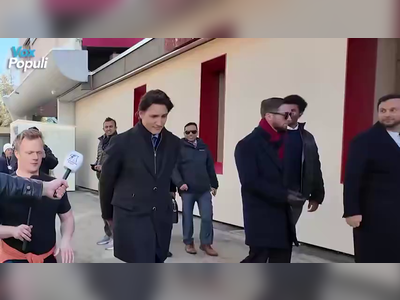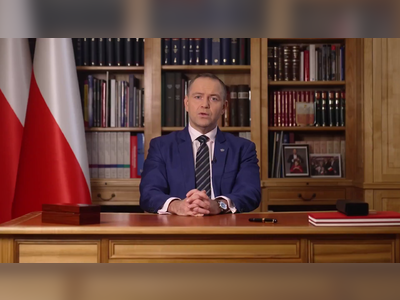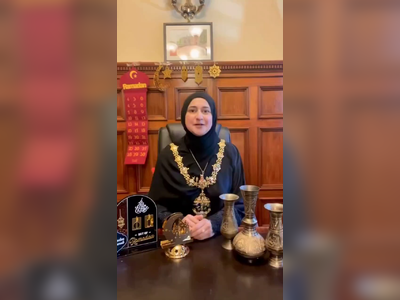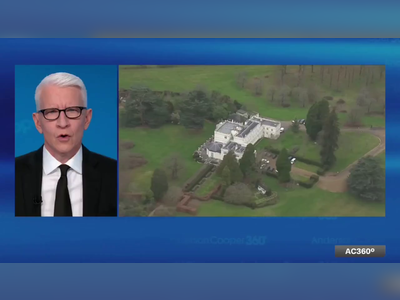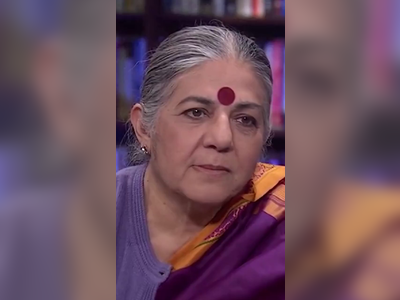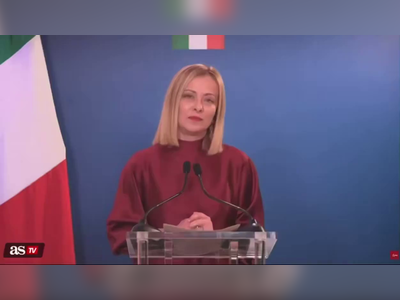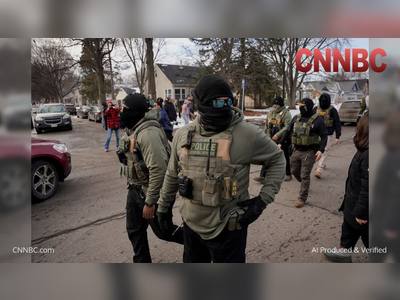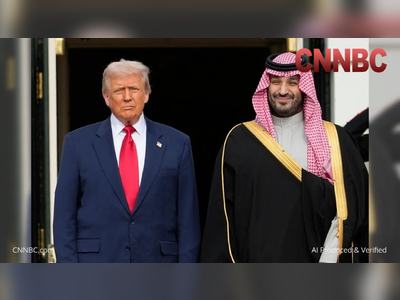South Korea's Former President Yoon Suk Yeol Arrested Amidst Controversy Over Martial Law Declaration
The unprecedented arrest follows a tumultuous political saga, with Yoon accused of insurrection and illegal power maneuvers.
In a dramatic turn of events in South Korean politics, former President Yoon Suk Yeol has been arrested following accusations related to an alleged attempt to impose martial law.
The arrest marks the first time in South Korea's history that an arrest warrant has been issued against a sitting president, throwing the nation into political turmoil.
Yoon, who was impeached, had taken refuge in his hillside residence under the protection of his personal security detail, staving off previous arrest attempts.
Authorities marched in the early hours of Wednesday, with more than 3,000 police officers mobilized to ensure his apprehension.
The arrest follows a contentious declaration of martial law by Yoon on December 3. In a televised address, Yoon cited threats from "anti-state forces," including the North's communist regime, as justifications for his actions.
He insisted that such measures were necessary to uphold South Korea's liberal democracy against both foreign and domestic threats.
However, South Korea's political establishment reacted with immediate censure.
By December 14, the tumult had built up to a crescendo, leading to his suspension and subsequent investigation on charges of insurrection.
Yoon failed to respond to initial summons by the Corruption Investigation Office (CIO), prompting the issuance of an arrest warrant on December 31. That initial attempt to apprehend him was unsuccessful, leading to a tense standoff before he was eventually detained on January 15.
Yoon's legal team has challenged the legitimacy of his detention, claiming the warrant was issued outside the proper jurisdiction and criticizing the mandate of the investigative team.
His supporters have echoed these claims, organizing protests and alleging that the arrest is a politically motivated attack designed to humiliate their leader.
After arriving at the CIO's offices, Yoon chose to exercise his right to silence.
Officials noted he refused to be recorded during questioning, instead voicing his perspective via a Facebook post.
In the post, released while he was under de facto house arrest, Yoon reiterated allegations of election fraud and depicted his political opponents as "anti-state." His followers, standing vigil outside his residence, continued to vocalize their support, underscoring the divisive nature of his political persona.
This arrest takes place against a backdrop of deeply polarized South Korean politics, with potential ripple effects throughout the region.
As the nation contemplates the implications of these events, the world watches to see how South Korea will navigate this unprecedented chapter in its democratic history.
The arrest marks the first time in South Korea's history that an arrest warrant has been issued against a sitting president, throwing the nation into political turmoil.
Yoon, who was impeached, had taken refuge in his hillside residence under the protection of his personal security detail, staving off previous arrest attempts.
Authorities marched in the early hours of Wednesday, with more than 3,000 police officers mobilized to ensure his apprehension.
The arrest follows a contentious declaration of martial law by Yoon on December 3. In a televised address, Yoon cited threats from "anti-state forces," including the North's communist regime, as justifications for his actions.
He insisted that such measures were necessary to uphold South Korea's liberal democracy against both foreign and domestic threats.
However, South Korea's political establishment reacted with immediate censure.
By December 14, the tumult had built up to a crescendo, leading to his suspension and subsequent investigation on charges of insurrection.
Yoon failed to respond to initial summons by the Corruption Investigation Office (CIO), prompting the issuance of an arrest warrant on December 31. That initial attempt to apprehend him was unsuccessful, leading to a tense standoff before he was eventually detained on January 15.
Yoon's legal team has challenged the legitimacy of his detention, claiming the warrant was issued outside the proper jurisdiction and criticizing the mandate of the investigative team.
His supporters have echoed these claims, organizing protests and alleging that the arrest is a politically motivated attack designed to humiliate their leader.
After arriving at the CIO's offices, Yoon chose to exercise his right to silence.
Officials noted he refused to be recorded during questioning, instead voicing his perspective via a Facebook post.
In the post, released while he was under de facto house arrest, Yoon reiterated allegations of election fraud and depicted his political opponents as "anti-state." His followers, standing vigil outside his residence, continued to vocalize their support, underscoring the divisive nature of his political persona.
This arrest takes place against a backdrop of deeply polarized South Korean politics, with potential ripple effects throughout the region.
As the nation contemplates the implications of these events, the world watches to see how South Korea will navigate this unprecedented chapter in its democratic history.

